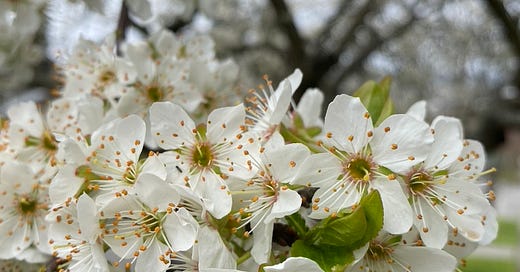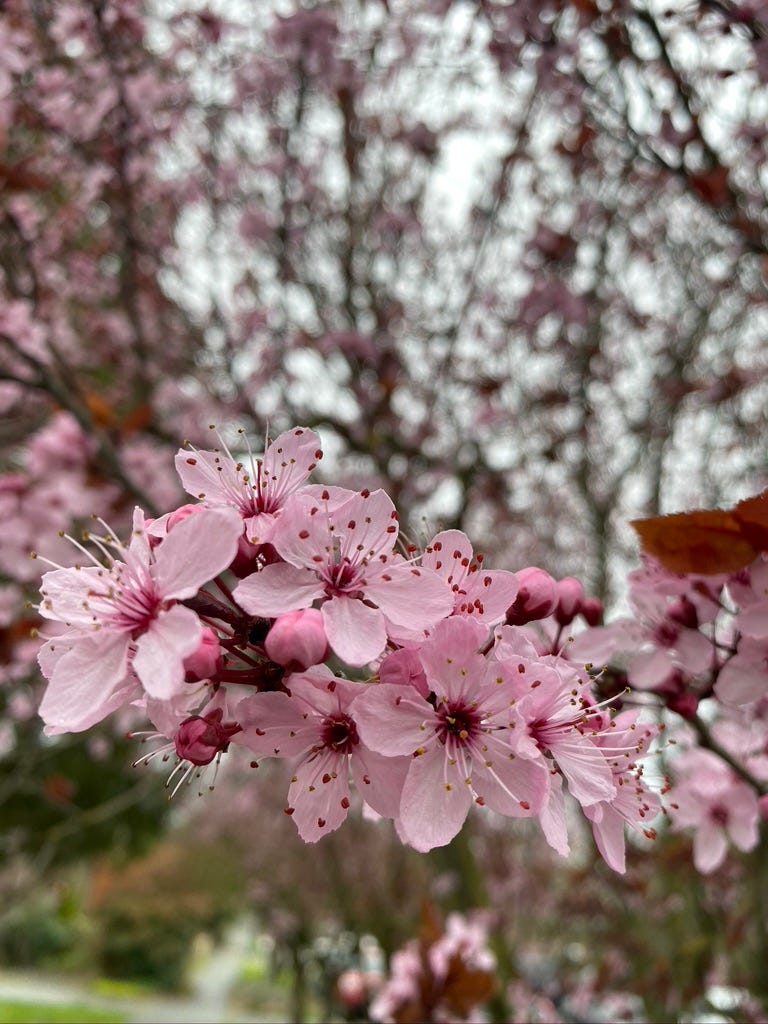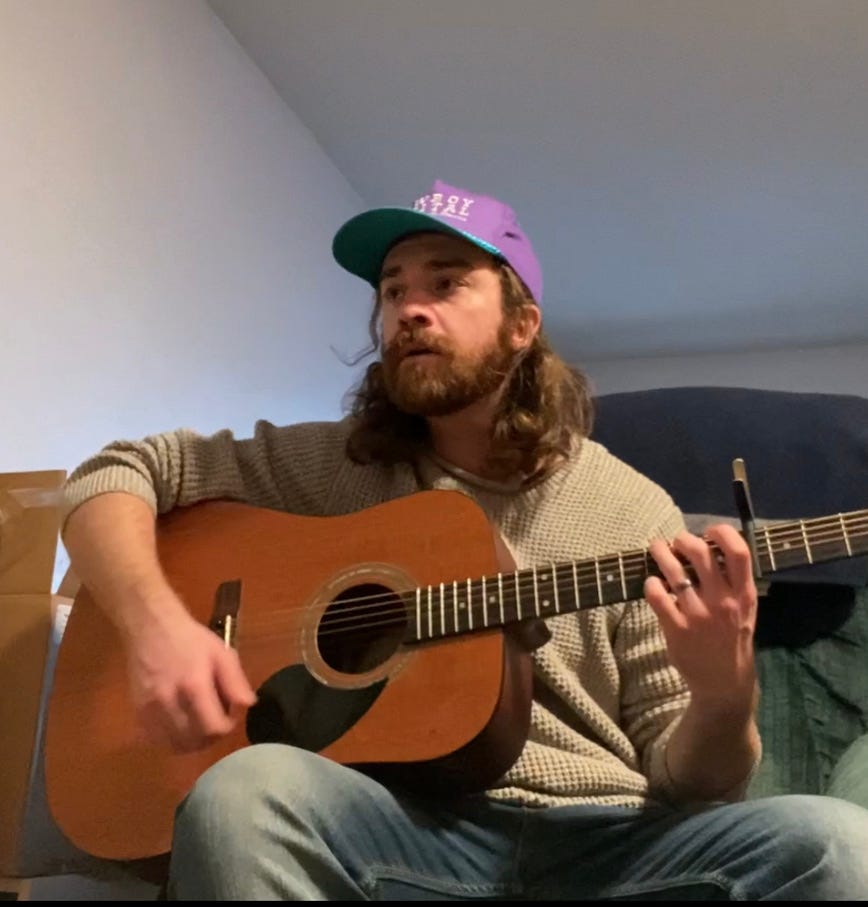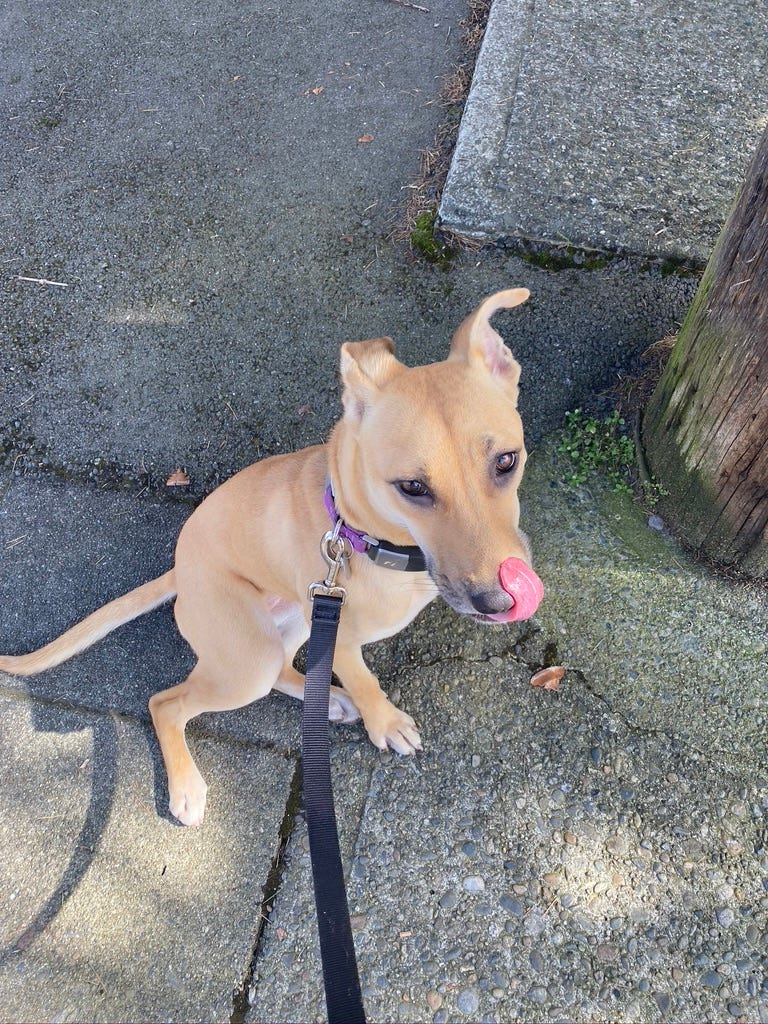My Information Is Always Free And I Don't Talk Nonsense
All good things come by grace, and grace comes by art, and art does not come easy
Baseball starts tomorrow. A full season, our first since 2019.
The delay of 2020’s baseball season in some ways felt like a blessing. The curbing of crowds that might otherwise have attended was a necessary measure, and no sports league had figured out the impossible balancing act of continuing play while protecting the players, staff, and fans. As a Red Sox fan it felt especially nice to put off the sport for a while because it meant an indefinite pause on having to see Mookie Betts, a once-in-a-generation homegrown talent and future Hall of Famer, take the field in a Los Angeles Dodgers uniform.
Betts, who was traded alongside veteran pitcher David Price for what amounts to a bag of baseballs (no offense to the talents of minor league prospects Jeter Downs and Connor Wong), promptly won a World Series ring, his second in three years, with his new team.
I could opine at length about how baseball is a perfect exemplar of capitalist exploitation, the twisted logic guiding an ownership group with more money than God to sell off a transcendent talent to pinch a few more pennies for themselves. But that’s depressing beyond belief, and if I am to have any interest in baseball this year it will be because taking a nap with baseball on the radio is one of the best American pasttimes.
So, on to better things.
Back in the fall, I mentioned that I had purchased a guitar from a friend on a whim and was going to attempt to learn to play it.
At the time—I feel comfortable confessing now—I had a gnawing sense of dread that this would be one more thing that I halfheartedly picked up, discovered I liked the idea of more than I liked it itself, and then gave up on again. There have been many such instances in my life; my past, like any good suburban childhood, is the graveyard of a hundred projects and half-learned skills that I lacked the time or talent or temperament for.
Half a year into this particular project, though, the future still feels full of promise. I have worked a half hour or so of guitar time into my daily schedule; oftentimes I’ll go past that time limit and put off something else I should be doing in pursuit of a More Tuneful Bar Chord.
Six months is too early to call much of anything a success, but it feels like the guitar is really sticking. Most nights lately I would rather play it than write, truth be told. There is comfort in the repetitive nature of practice, and there is no self-imposed pressure to share my progress with anyone if I don’t want to, as I have no aim or intention of making something of myself as a guitarist the way I do as a writer. It is liberating to feel like I have a hobby, rather than an additional job that I don’t get paid for.
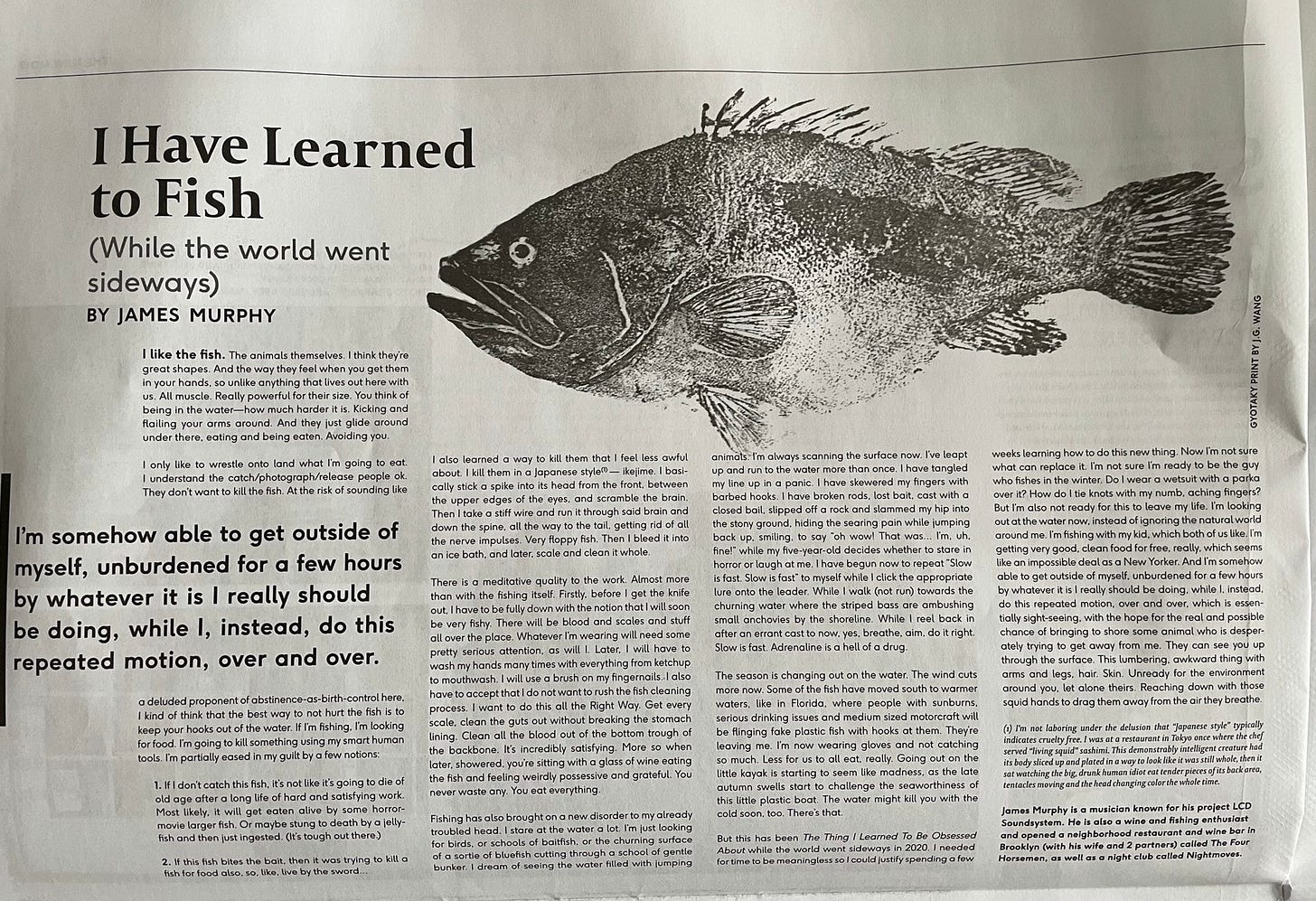
But in my admittedly limited experience it seems like the recipe for making something of it—writing or guitar—is basically the same: you need the discipline to dedicate time to practicing a lot, even (especially) without any guarantee that you’ll ever be any good at it. You need to already be a student of the thing you’re trying to do, so that you know who you’re trying to emulate and synthesize and what kind of stuff you like. And you need the occasional early win, where something comes together and works, to pay you back for all that discipline and time and give you a boost to get through the next long stretch without a win. (The stretches between do seem to get shorter.)
At the behest of my wife, who has been leaning on me for years, I have recently also started bouldering. And boy if the recipe isn’t just the same for that, too. I don’t like heights and I like even less the feeling of failing in front of other people. But the feeling of reaching the top of a wall after three or four unsuccessful attempts—and the attendant quivering of muscles I’d forgotten I had—is enough of a high to get me back up there, trying again.

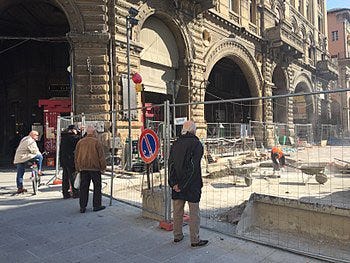
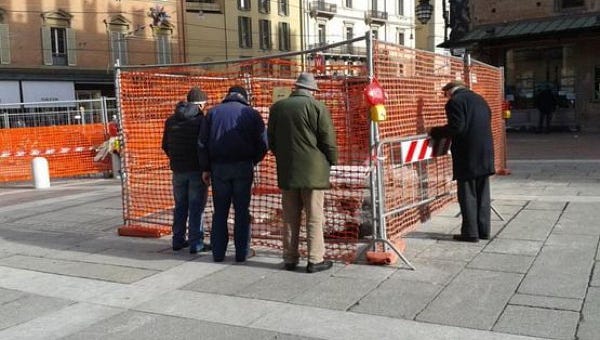
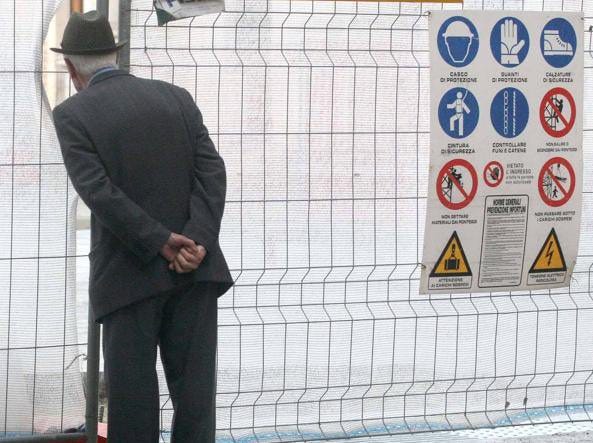

Every few months the Umarell photos resurface on Twitter and I get a kick out of them each time. As someone who likes to try things and make things this lifestyle feels somewhat aspirational, in large part because it demonstrates a quality that obscures whether the person is a student or a master, which shows you just how overlapped those two seemingly distant categories are. You have to have a vision in your head to make anything, and that vision comes mostly from careful study of other people who are doing that same thing. The good ones, I suspect, never give up studying.
Gerald Stratford, one of two British men of a certain age who have become internet sensations thanks to their ability to grow absurdly large vegetables (the other being Medwyn Williams, who appeared in one of this newsletter’s first issues), has some thoughts on that process. They befit someone whose life’s work is growing things.
My information is always free, and I don't talk nonsense. I don't hold secrets, and if somebody asked me how to do something, I would tell them to the best of my ability. And then just keep experimenting. Never get frustrated. If you're doing something and you get frustrated, move on to something else. Give it a rest. Do something else for an hour or two. You can go back to it. Don't get frustrated. If you help Mother Nature, she'll help you. Don't try and boss her about.
I’m working on remembering that—putting patience and time into my work in the hope that it will keep paying me back, spiritually if not financially. I am reminded of Norman Maclean’s description of his father’s philosophy in A River Runs Through It:
To him, all good things - trout as well as eternal salvation - came by grace; and grace comes by art; and art does not come easy.
Thanks, as always, for reading. I’ll talk to you next week.
-Chuck
PS - If you liked what you read here, why not subscribe and get this newsletter delivered to your inbox each week? It’s free and always will be.
PPS - Please say hello to Orla, the new deputy editor of Tabs Open.

